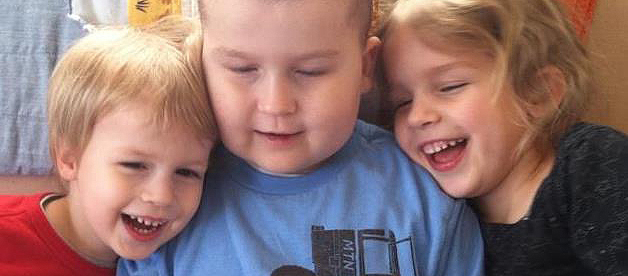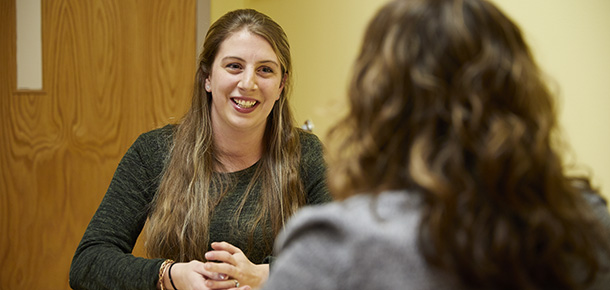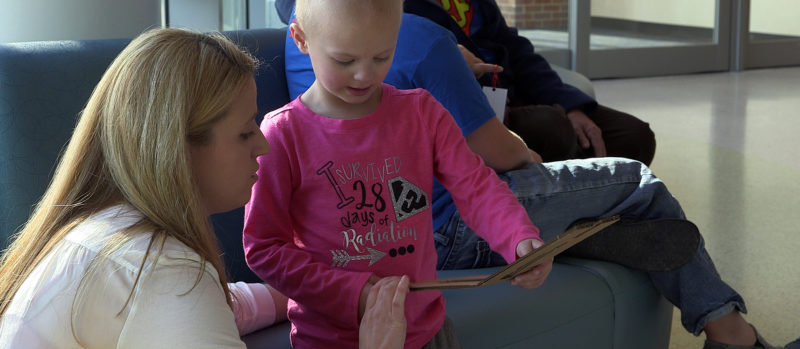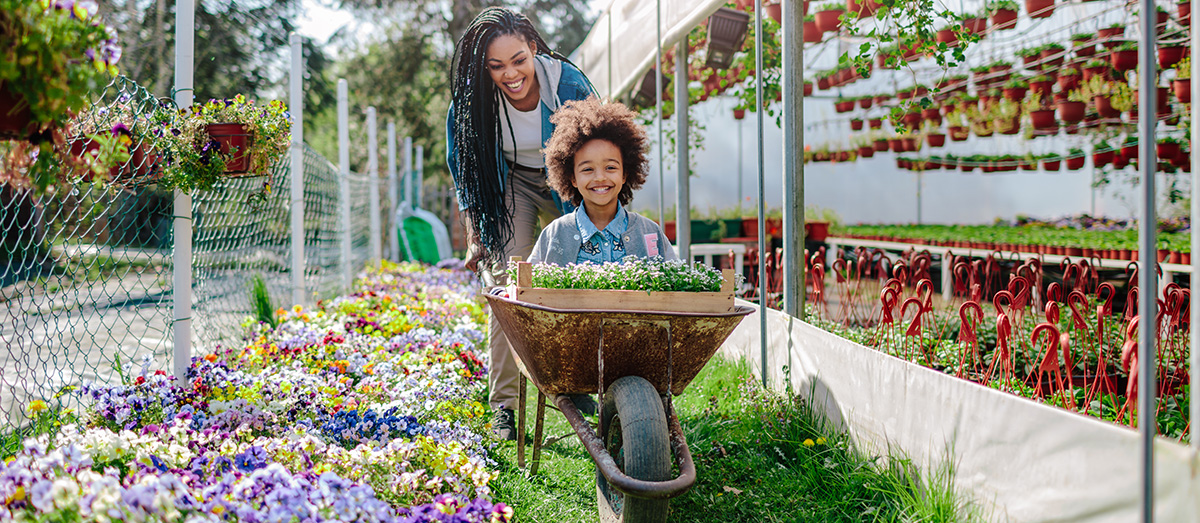In the summer of 2011, my husband and I sat in an emergency room at Cincinnati Children’s and felt the floor fall out from under us. We knew something was wrong with our son Brodie, but we never expected to hear the word “leukemia.”
Five years and a slew of medical treatments later, we’ve learned a few things about walking through a cancer diagnosis with someone. If you’re like we were before Brodie got sick, you might find yourself wondering what you can do to help a family facing a cancer diagnosis, or even what to say.
Because we’ve been through it all, I thought it might be beneficial to share our perspective. The things we found helpful and the things we loved to hear. Of course, each individual is different and what felt helpful to us might be different for someone else, but this could be a place to start.
If you’ve struggled to find the right words to say or to make an offer that is meaningful to a cancer family, here are a few suggestions:
Helping with the practical parts of life:
DON’T assume that the family has plenty of other friends or family members who are reaching out or who will take care of a certain need. Quite frankly, there is no such thing as too much help and different people bring different things to the table.
DO offer to help with the practical parts of life, and make it a point to help consistently. During this difficult time of adjustment for our family, we may not know WHAT we need, so having consistent offers is incredibly useful. As time passes the offers for help will naturally drop off, but the need might not, so hang in there with them. Consistency is key! Here are a few things our family found helpful:
- Take a meal to their home or to the hospital
- Send care packages to all the kids, not just the one who is sick
- Mow their grass
- Ask what they need from the grocery store
- Give them a gift card to use at the gas station
- Take a cup of coffee to the caregiver who’s staying at the hospital
- Offer to help with childcare of the other children in the family.
How to have conversations
DON’T shush your own children if they ask questions when you’re visiting the sick child. When Brodie was sick, we embraced the questions we received from others as teaching moments, and because of having gone through it, we were able to explain things in kid-friendly terms—Brodie’s leukemia cells were the “bad guys” and his central lines were like “straws” he used to take his medicine. Also remember that there are various professionals at the hospital (ex: Child Life specialists, psychologists, social workers) who can help you develop age-appropriate language with the other kids.
DO have honest conversations with your own kids about what your sick friend is going through. Say things like: “She’ll be more tired, and she’s probably going to lose her hair. Her body can’t fight off germ bugs as well as ours can, so we’ll wash our hands before we play and give elbow-bumps instead of hugs.” Above all, do whatever you can to support the sick child’s feelings of “I’m still me!”
Explain to your kids that her disease isn’t contagious, it’s nothing for them to fear, and it’s okay to ask questions and be curious. Express things that validate your own kids’ uncertainties but prevent emotionally isolating the sick child.
DON’T imply that their family has more faith or is stronger than yours. Their child didn’t become sick because they could handle it any better than someone else could! Also, try to avoid using religious clichés when you talk to them. For instance, a quick “I’ll be praying for you” can sometimes feel like a platitude, and “God won’t give you more than you can bear” wasn’t encouraging to us, because Brodie’s illness was more than we could manage on our own. Instead, we found it much more helpful to hear that our friends and family were thinking about us, sending us support, and were there to help.
DO think carefully before you speak, but it’s okay to be unsure of what to say, and it’s okay to express that uncertainty. If you live close to them, be as quick to lend your physical presence as you are your words. It’s our human nature to be uncomfortable with pain or with the thought of death, but the family of a child with cancer desperately needs people who are willing to be present with them in their “I am completely undone!” moments.
Rather than trying to pull them out of their grief with your words, sometimes it’s more important to sit in the thick of it all with them – be a listening ear or a shoulder to cry on. Try something simple, like asking, “What can I pray for you today?”
After treatment
DON’T assume that because the child seems better or is done with treatment the family will now be “back to normal.” Because of what they’ve just been through, that phrase will have been completely erased from their vocabulary. There’s no going back now, only forward. One step at a time.
DO remember that there isn’t a magic time line for healing from a traumatic experience. Even now, there are days Brodie gets tired easily or doesn’t feel well, and each of us has emotional trauma we continue to process. There isn’t a single aspect of our lives as individuals—or as a family—that wasn’t touched by what we’ve been through, and while things have settled out into a fairly consistent new way of living, we’re not “done.”
With all the jumble of messy feelings, sleepless nights, and chaotic new schedules, there’s no perfect way of reaching out to a family whose child has been diagnosed with cancer. Sometimes you might say the wrong thing, or you might feel like you’re being too pushy, but doing something with the right motives is better than doing nothing out of fear of making a mistake. We’re not meant to do this journey alone, and I think I speak for each of us who has stumbled along this road when I say: “Thank you for choosing to walk beside us. We’re so thankful for you.”






Beautiful and helpful words from my absolutely favorite author (and daughter!).